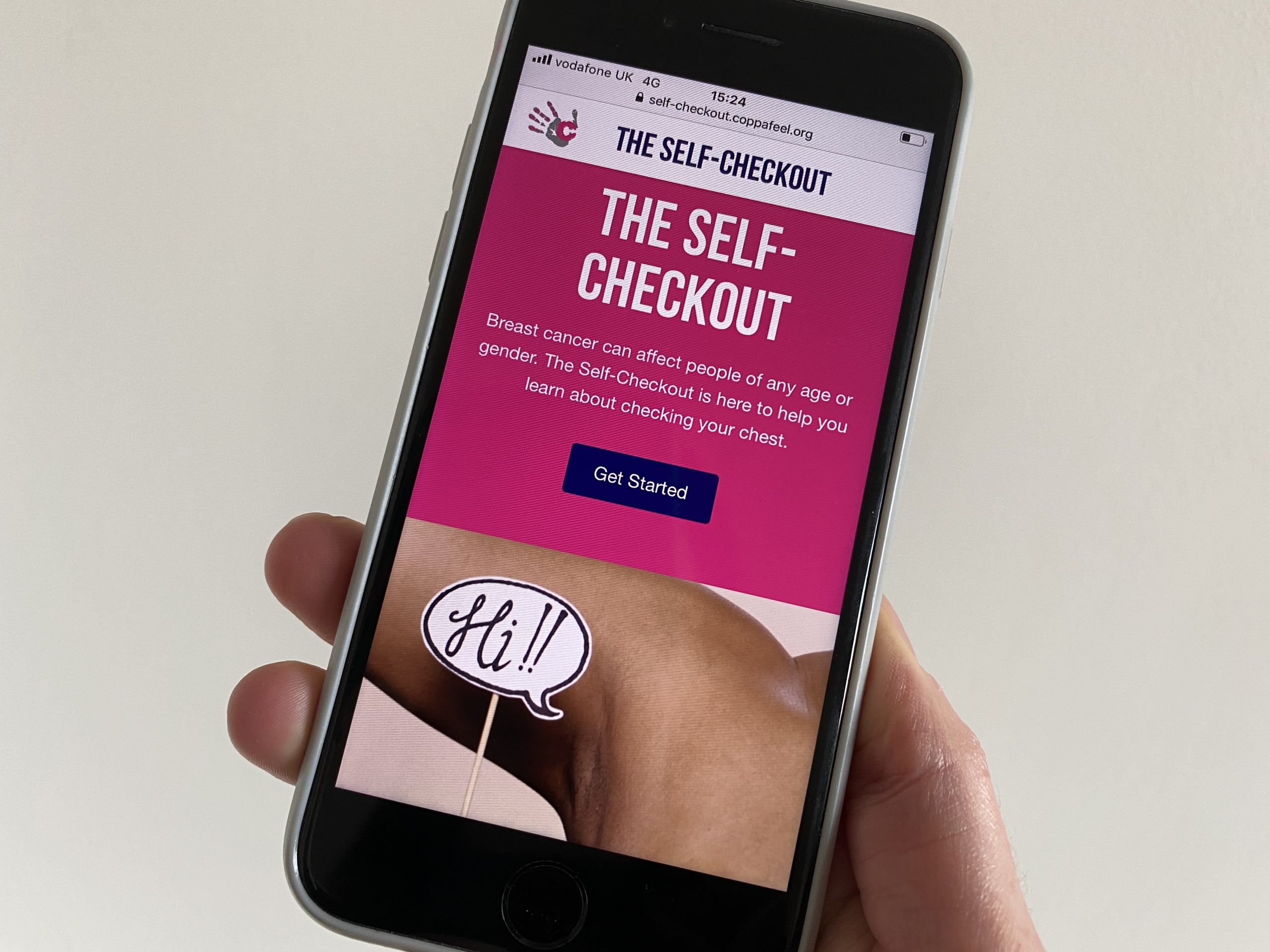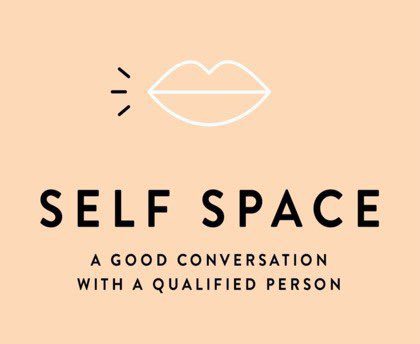
Whether you are sharing your own breast cancer diagnosis, supporting a loved one, have lost a loved one or you’ve noticed a change and are speaking to your doctor for the first time – we know it’s not always easy to find the words to say.
In times of sadness and anxiety it can be tempting to retreat but reaching out to loved ones and getting it off your chest can help you to feel less alone.
That’s why we’ve teamed up with The Self Space this Breast Cancer Awareness Month to bring you some advice on how to have some difficult but important conversations.It’s common to hold a lot of fear around loss because it reminds us of our own mortality. We sometimes bring this fear with us when people we love are going through something difficult. We can fall into two camps: we either avoid reaching out to them, or we come in all guns blazing ready to fix, mend and fuel. Sadness doesn’t need to be treated with the urgency of a shark attack, and it also doesn’t need to be handled with kid gloves. Be gentle but be proactive, ask: How do you wish people would act around you right now? Affirm and recognise how very sh*t the situation is, validate it with mindful compassion.If you’re looking for more information on the signs and symptoms of breast cancer, our Self-Checkout tool is there to guide you through all you need to know about checking your chest. Click below to get started.

